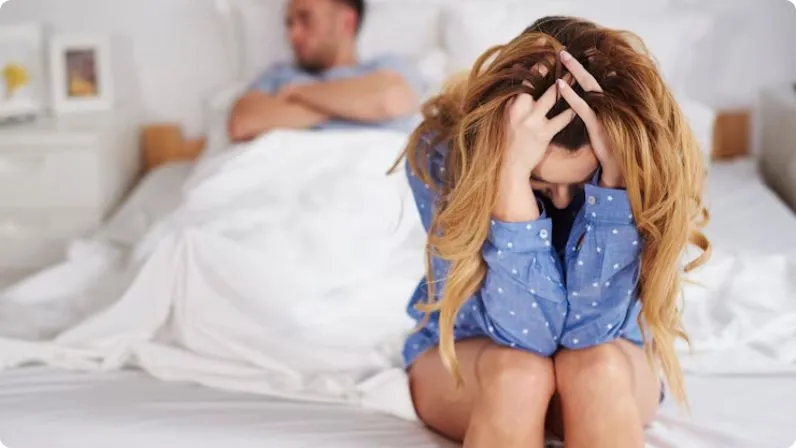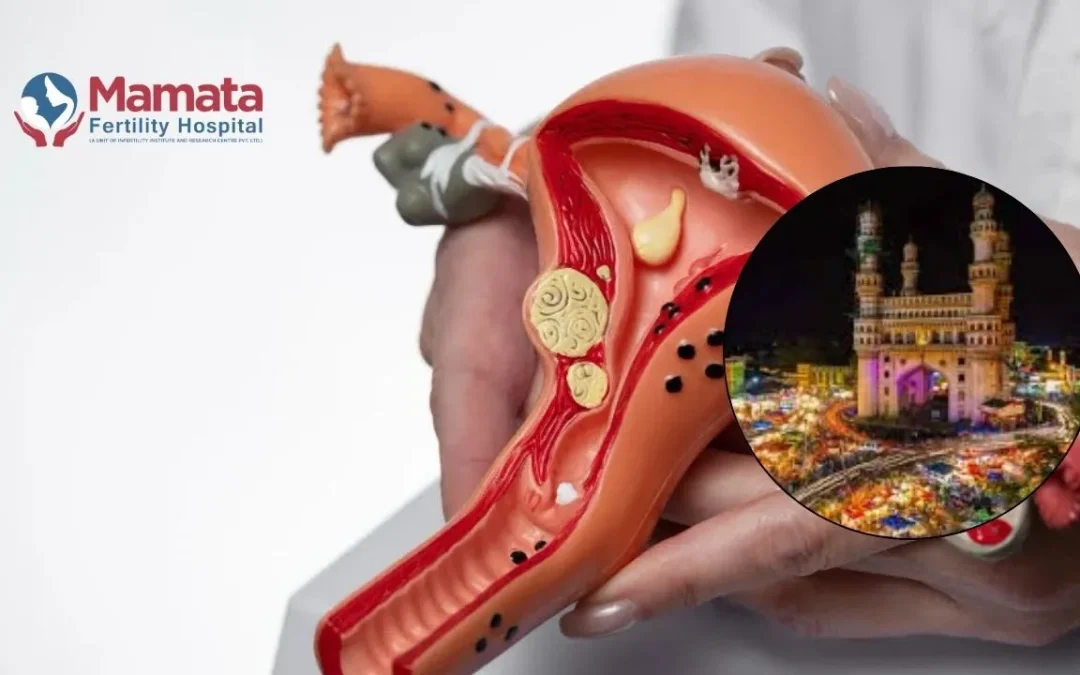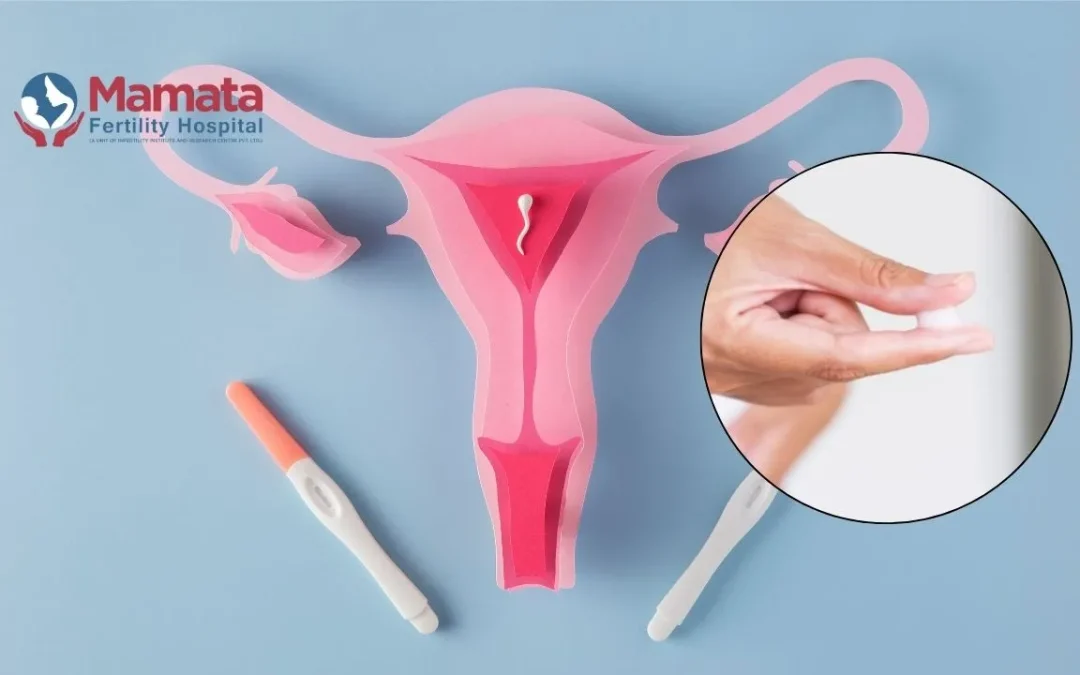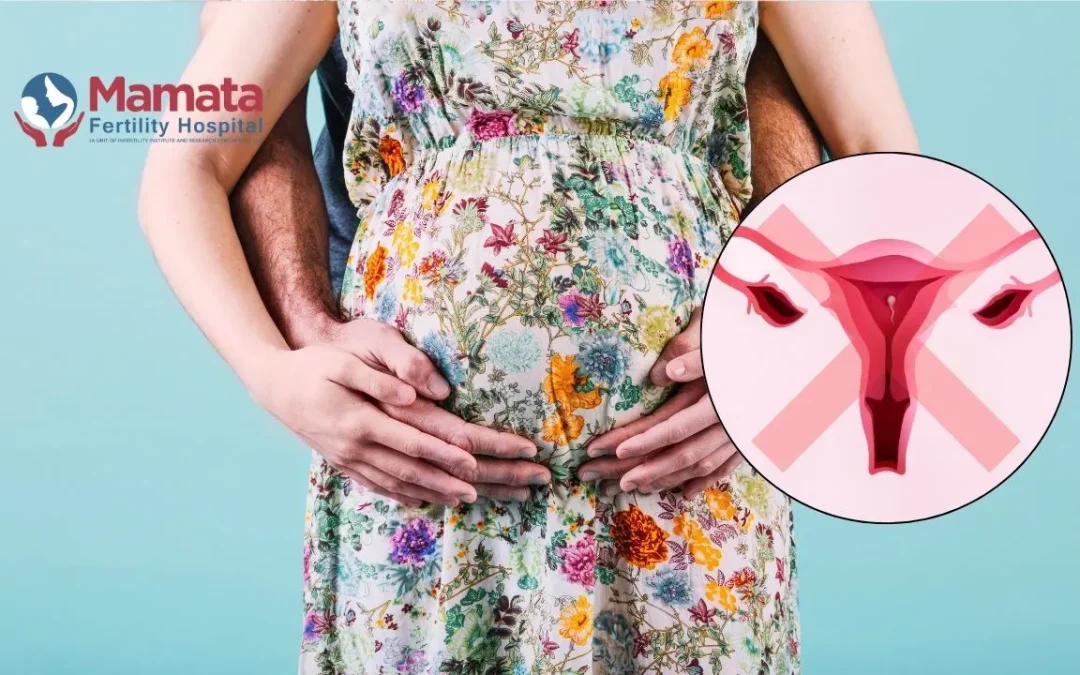Low Libido in Females
At Mamata Fertility Hospital in Secunderabad, we believe that every aspect of women’s health is important, including sexual health.
Low libido, or a reduced interest in sexual activity, is a common issue many women face at some point in their lives. It can have both physical and emotional causes, often affecting relationships and overall well-being.
This article provides an in-depth look at low libido in females, its causes, and how to address it effectively.
For Appointments, Please Call:
More On Low Libido in Females
What is Low Libido?
Low libido refers to a decrease in sexual desire or interest in sexual activities. While every woman’s level of sexual desire naturally varies, low libido becomes a concern when it causes distress or negatively impacts relationships.
It’s important to note that sexual desire is influenced by a combination of physical, emotional, and psychological factors. A lower libido doesn’t mean something is “wrong” with you, but it could indicate an underlying issue that’s worth exploring.
Is Low Libido Normal?
Fluctuations in libido are normal at different stages of life. For example, it’s common for women to experience changes in sex drive during pregnancy, after childbirth, during menopause, or even as a result of stress. Understanding your body and seeking help when necessary can lead to positive outcomes.

Causes of Low Libido in Females
Understanding the root cause of low libido is essential for finding the right solution. There are numerous possible causes, which can be grouped into physical, emotional, and lifestyle factors.
Physical Causes
-
- Hormonal Imbalances: A drop in estrogen during menopause, after childbirth, or while breastfeeding can reduce libido. Low testosterone levels may also play a role, even in females.
- Chronic Health Conditions: Illnesses such as diabetes, heart disease, or thyroid problems can lower energy levels and sexual desire.
- Medications: Certain medications, including antidepressants, blood pressure drugs, and hormonal contraceptives, can reduce sexual desire as a side effect.
- Pain During Intercourse: Conditions like vaginismus (tightening of vaginal muscles), endometriosis, or pelvic inflammatory disease (PID) can make sex uncomfortable, leading to a decreased interest.
Emotional and Psychological Causes
-
- Stress: High levels of stress can affect hormone levels, energy, and mood, all of which influence libido.
- Mental Health Issues: Anxiety, depression, or past trauma can make it difficult to feel interested in intimacy.
- Body Image Concerns: Women who feel self-conscious about their appearance may struggle with sexual confidence.
- Fatigue: Persistent exhaustion, especially for working women or new mothers, may leave little energy for intimacy.
Lifestyle Factors
-
- Poor Diet: A lack of nutrient-rich, energy-boosting foods can negatively affect hormone regulation and overall well-being.
- Alcohol and Substance Use: Excessive alcohol use or recreational drug use can impair arousal and sexual performance.
- Birth Control: While effective for preventing pregnancy, some hormonal contraceptives may suppress libido in certain women.
Understanding these causes can help you take the first steps toward addressing and improving your libido.
Impact on Relationships and Well-being
Low libido can not only affect your personal well-being but may also influence relationships. It’s important to recognize its far-reaching impacts and seek support when needed.
On Relationships
-
- Communication Challenges: A mismatched level of sexual desire between partners can lead to misunderstandings or emotional distance.
- Reduced Intimacy: Physical intimacy plays a key role in bonding and strengthening a relationship. A lack of it can leave partners feeling isolated.
On Emotional Well-being
-
- Self-Esteem Issues: Women experiencing low libido may feel inadequate, which can affect self-confidence.
- Stress or Anxiety: Worrying about how low libido impacts a relationship can create a cycle of stress, further reducing desire.
Addressing the issue early, both for yourself and your relationship, is crucial to maintaining balance and happiness.
Diagnostic and Monitoring Strategies
If low libido is affecting your life, a healthcare professional can help identify the underlying causes. At Mamata Fertility Hospital, we employ a thorough yet patient-friendly approach to diagnosing and monitoring sexual health concerns.
Steps in Diagnosis
-
- Medical History Review: Your doctor will ask questions about life events, medications, and overall health to identify potential triggers.
- Physical Examination: A simple checkup may identify hormonal or physical problems contributing to low libido.
- Blood Tests: Hormone levels, including estrogen, testosterone, and thyroid-stimulating hormone (TSH), can be assessed for imbalances.
- Psychological Evaluation: If necessary, your emotional health, stress levels, and past experiences will be explored to determine any mental health connections.
Ongoing Monitoring
Regular check-ins with your healthcare provider are key to evaluating whether treatment strategies are working and adjusting them if needed.
Treatment and Prevention
Fortunately, low libido can often be treated successfully with the right interventions. A combination of medical treatments and supportive therapies can make a significant difference.
Medical Treatments
-
- Hormone Therapy: Estrogen patches, pills, or creams may help women experiencing hormonal imbalances.
- Testosterone Therapy: Although primarily a male hormone, low-dose testosterone therapy may benefit some women.
- Medication Adjustments: If medications are causing low libido, alternative options may be explored with your doctor.
Counseling and Therapy
-
- Couples Therapy: Talking openly with a therapist can help couples reconnect and improve intimacy.
- Sex Therapy: Sex therapy provides tools and techniques to overcome psychological barriers to desire.
- Personal Counseling: Addressing stress, self-esteem, or past trauma can often resolve emotional issues underlying low libido.
Additional Support
-
- Lubrication Products: Products like water-based lubricants can make intercourse more comfortable for women experiencing dryness.
Remember that success often comes from a combination of treatments, tailored to your specific needs.
Lifestyle and Dietary Recommendations
Certain lifestyle changes can enhance sexual desire and overall well-being. At Mamata Fertility Hospital, we encourage these healthy habits to complement medical treatments:
Healthy Dietary Choices
- Zinc-Rich Foods: Oysters, nuts, and whole grains help boost hormones linked to libido.
- Iron-Rich Diet: Iron deficiency, common in women, can lead to fatigue and hormonal imbalance. Include spinach and lentils in your meals.
- Antioxidants: Foods like berries and green tea protect cellular health, including reproductive organs.
Stress Management
Relaxation techniques such as yoga, meditation, or even taking time for yourself can significantly reduce stress and anxiety.
Regular Exercise
Engaging in moderate physical activity boosts circulation, improves energy, and supports hormone regulation—all of which positively affect libido.
Sleep Hygiene
Aim for 7-8 hours of good-quality sleep to manage fatigue and hormonal health.
Frequently Asked Questions (FAQs)
1. Is low libido permanent?
Low libido is often temporary and treatable. Identifying the cause and seeking appropriate help can lead to improvement.
2. Can birth control cause low libido?
Yes, some hormonal contraceptives may reduce libido in certain women. Speak to your doctor about alternative options if needed.
3. Will hormone therapy work for everyone?
Hormonal therapies benefit many but aren’t suitable for all. Your doctor will recommend treatment based on your medical history and symptoms.
4. Does low libido mean I’m unhealthy?
Not at all! Low libido is often a sign of life changes or temporary challenges and doesn’t define your overall health.
5. When should I seek help for low libido?
If low libido causes distress or relationship challenges, it’s a good idea to consult a healthcare provider for guidance.
At Mamata Fertility Hospital, we’re committed to helping you regain confidence and satisfaction in all aspects of your health. Whether the issue is hormonal, emotional, or lifestyle-related, our caring team will work alongside you to create a personalized plan that restores balance and joy to your life. Reach out today to schedule a consultation and begin your journey to better sexual health.
Reviewd By

Dr Aarti Deenadayal Tolani
Clinical Director, Scientific In-Charge & Fertility Consultant
MBBS, MS ( OBGYN), FICOG
Expert in Reproductive Endocrinology, Infertility, Advanced Gynaec Ultrasound, and Faculty at Mamata Fertility Hospital.
Blogs and Articles

Best IUI Treatment in Hyderabad
Home > Blogs > Best IUI Treatment in HyderabadBest IUI Treatment in HyderabadConsidering fertility treatments? Intrauterine Insemination (IUI) might be a great step on your journey to parenthood. With IUI, sperm is placed right into the uterus to aid...

White Discharge After IUI: Care Tips | Mamata Fertility Hospital
Home > Blogs > White Discharge After IUIWhite Discharge After IUI: Care Tips | Mamata Fertility HospitalIntrauterine insemination (IUI) is a common fertility treatment that many couples turn to in their journey to conceive. After the procedure, it’s natural to...

Chances of Natural Pregnancy After Failed IUI | Fertility expert Tips
Home > Blogs > Chances of Natural Pregnancy After Failed IUIChances of Natural Pregnancy After Failed IUI | Fertility expert TipsThe journey to parenthood can be a challenging and emotional experience, especially when faced with unsuccessful fertility...

